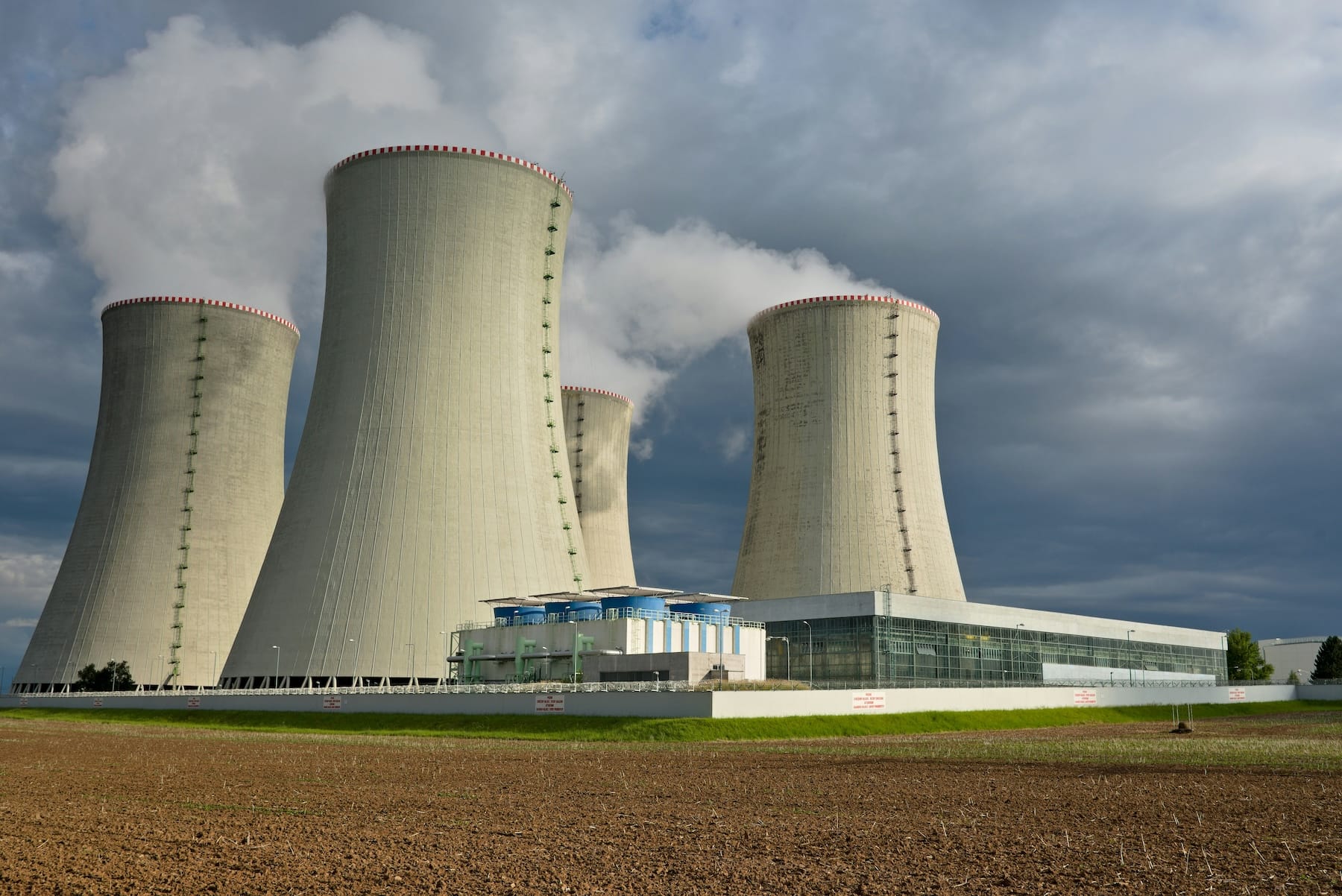The NOS system promises to accelerate nuclear deployment in the U.S., with lower costs, fewer delays, and greater regulatory safety.
In an alliance that could change the energy landscape of the United States, Palantir Technologies and The Nuclear Company have announced the launch of NOS, the first nuclear construction operating system powered by artificial intelligence. The goal: to build nuclear plants faster, with greater predictability, and substantial cost savings.
This news comes at a critical time as the country seeks to bolster its energy sovereignty and respond to the rapid pace at which China is deploying nuclear reactors (10 GW annually compared to the 2 GW constructed in the U.S. over the past three decades). The U.S. administration, under Donald Trump’s leadership, has already launched an ambitious plan: to construct 400 GW of nuclear power by 2050, with at least 10 reactors under construction by 2030.
NOS: the software that aims to eliminate delays and cost overruns
Designed on Palantir’s Foundry platform, NOS (Nuclear Operating System) aspires to be the digital backbone of a new era in nuclear energy. This system will integrate real-time data from the entire project—from sensors to supply chains—to anticipate delays, detect errors before they occur, and facilitate regulatory compliance.
“The key to the energy future lies in deploying advanced technology at scale,” says Mike Gallagher, head of defense at Palantir. “With NOS, we are taking our platform to a new frontier: ensuring resilient, intelligent, and secure energy systems.”
Among its key functionalities, NOS will offer:
- Certainty in timelines: adapting work in real-time based on ground conditions, parts availability, or weather.
- Economic savings: reducing logistical errors and leveraging alternatives when delays arise.
- Proactive problem prevention: through digital models that compare actual progress with the planned schedule.
- Agile regulatory compliance: using language models trained on regulations to analyze documentation in minutes instead of weeks.
Artificial intelligence in service of a national cause
For Jonathan Webb, founder and CEO of The Nuclear Company, this partnership is not just technological; it’s strategic.
“The United States cannot afford to lose nuclear leadership as it has in manufacturing. Building reactors is a matter of national security,” he asserts. “With Palantir, we share the urgency: nuclear is not just clean energy; it’s geopolitical stability.”
This initiative is part of Warp Speed, Palantir’s program aimed at accelerating critical deployments through technology. In this case, it’s unprecedented: digitizing, coordinating, and predicting reactor construction in real-time.
A mixed team of engineers and data specialists from both companies is already on the ground, unifying systems that were previously completely disconnected: planning, safety, materials, engineering, and human resources.
A new golden age for nuclear energy?
The Palantir–The Nuclear Company alliance seeks to regain the capability the U.S. once had to build large-scale infrastructure. And it does so from a modern perspective, where artificial intelligence does not replace but augments human capacity to make informed, quick, and secure decisions.
If the initiative succeeds, it will mark a turning point in how energy development is envisioned in the 21st century. Because beyond technology, NOS represents a mindset shift: planning the energy future not only as an industrial challenge but as a national project.
Source: Palantir

